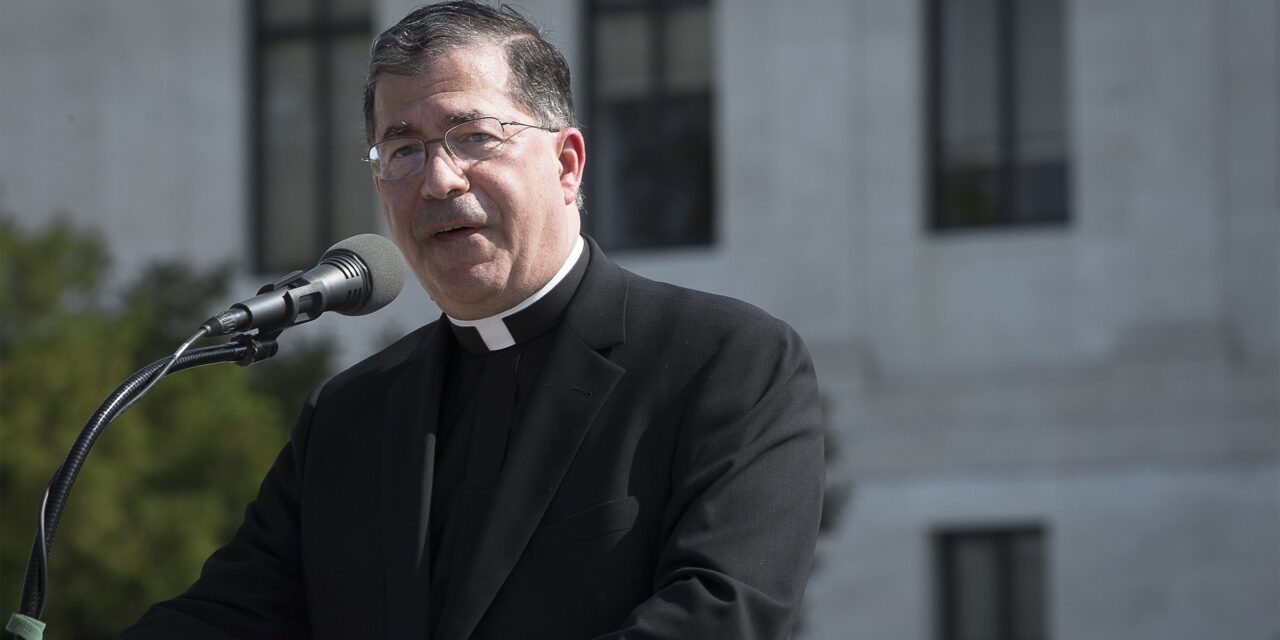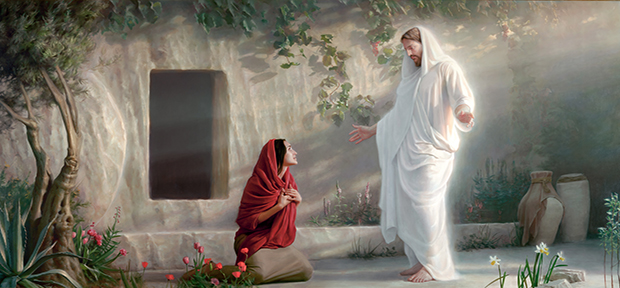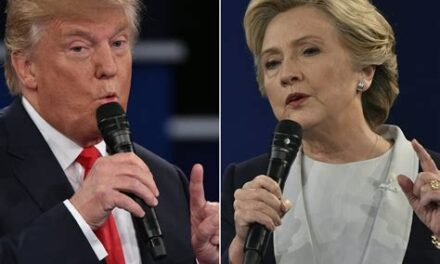As Independence Day approaches for our nation, it is a good time to discuss the often-misunderstood relationship between church and state, their proper roles, and what that means in regard to religious freedom from the pulpit.
Separation of Church and state does not mean separation of God and state. If you separate the state from God, the State disintegrates. While the Church does not have a political mission, she nevertheless has a political responsibility to bear witness to those moral truths which bring about the common good—which is the purpose of government. Moral truths are basic and go beyond the bounds of any denominational beliefs. Because they are truths, they must shape public policy.
Some policies have sought to silence the church and the conscience of the people. But things are changing. This has been a big month of victories for religious freedom thanks to President Trump. With the recent signing of the executive order protecting religious liberty, he simultaneously addressed the issues of the Johnson amendment censoring free speech from the pulpit and the unfair mandate forcing religious organizations like Priests for Life to include abortifacients in their health insurance policies. The President defended our rights that should have never been removed to begin with, had the state not overstepped.
The roles of state and church should complement each other to ensure the rights of the people. For example, if there is a “church” that is abusing people, like Scientology, the state needs to step in. Conversely, if there is a government trampling on human rights, like it does with abortion, the church needs to step in.
President Trump’s recent actions pushed the government’s overstep back in its proper place. But when he signed it, he reminded us of the precedence religion must take in our own lives, above the role of government. In other words, if people are concerned with the things of God, everything will fall into its proper context and the government will work correctly.
All of this brought to mind an important theme of the Old Testament history. It is the way in which God’s people, Israel, related to the other nations surrounding them. The people of the covenant were not to follow the idolatrous practices of those nations. Israel, after all, had the benefit of God’s revealed law. The other nations did not. They knew better.
Today, as a Christian nation we, too, should know better than to follow godless policies.
One thing that the Israelites wanted to imitate was the fact that other nations had a king. At one point they demanded of Samuel the prophet, “Give us a king!” Upon consulting the Lord, Samuel was told, “They have asked for a king—Give them a king.” But God also gave this essential warning: both the people and their king have a king in heaven! The well-being of the entire nation depends on the obedience which both the king and his people give to the King of heaven. (See 1 Samuel 8:1-22 and 12:13-15.)
The Lord Jesus expressed the same theme in Matthew 22: 15-22. When asked whether taxes should be paid to Caesar, Jesus asked whose image and inscription was on the coin. “Caesar’s,” came the answer. The Lord then said, “Then give to Caesar what belongs to Caesar and to God what belongs to God” (Mt. 22:21). The coin belongs to Caesar, for it bears Caesar’s image. Human beings belong to God, for they bear God’s image!
The implication of the passage is that “What belongs to God” includes Caesar himself! Caesar must obey God.
If Caesar belongs to God, then so does America, and every other nation, for that matter. Not only do individuals have a duty to obey God, but so do governments. Thankfully, our president has a healthy respect and fear of the Lord. He has proven to know the importance of the sovereignty of God before state based on his words and actions.
The fact that God is sovereign does not mean a person should sit back and only be a religious being. Nor are we to think of our religion as a purely “private matter.” Christ taught in public and He was crucified in public. Now raised from the dead, He places us in the public arena, with the commission to make disciples of all nations (See Mt. 28:18-20).
How, then, do we demonstrate our duty towards both God and the state? We have a duty to be politically active, to register and vote, to lobby and educate candidates and elected officials, and to speak up about the issues that affect the common good. The Church does not set up the voting booths, but when we go into the voting booths, we don’t cease to be members of the Church!
In carrying out our participation in the political and legislative life of our nation, we do so with the readiness to apply the Word of God to parties and candidates, to policies and platforms. We do not yield to pressure, criticism or political correctness.
By helping Caesar obey God, we faithfully serve both God and country!
***
Priests for Life is the world’s largest Catholic organization focused exclusively on ending abortion.
.














